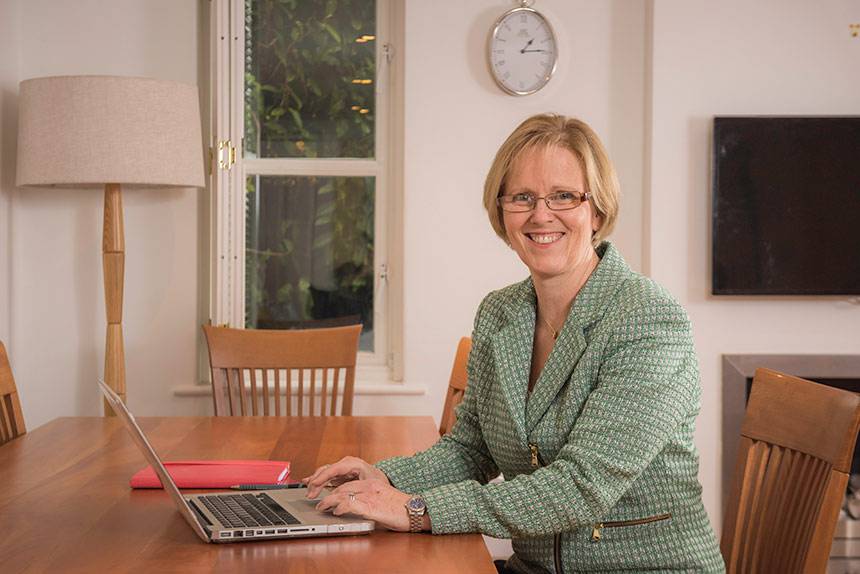The chairman of governors at a local primary school claims too few young people are leaving school with the right ’employability skills’ and will struggle to get their career of choice as a result.
Rhian Bowler said despite the best efforts of many schools in the area, especially the grammars, there were not enough resources available for children to get advice specifically tailored to their needs.
Bidborough Primary chairman of governors Mrs Bowler, 47, said: “Pupils start to seriously think about what they want to be about the age of 14 when they select their GCSEs, and they start to become more and more self-aware into their 20s.
“It means the earlier they start thinking about careers and the route to those careers the better, as it will help increase their skills.”
Mrs Bowler, herself a mother of two, has enough career experience to know what employers are looking for, having worked in HR and graduate recruitment schemes for several major city firms.
She says many young people lack the skills to write CVs, conduct themselves in interviews or even know what is appropriate to wear.
Others may struggle in finding the right path, such as going to university when it is unnecessary for what they want to do, or put pressure on themselves to follow their parents’ careers.
Mrs Bowler said: “It can be very competitive to get the job you want but there is no point spending all that money on university unless it is the best place to further your career.”
The key is to allow the child or young person to identify what really motivates them, she said, and to assess what their values and interests are.
She added: “This helps them select the right course for the future and helps them get selected for jobs or university as they speak much more knowledgeably and be more informed about what it is they want.”
This knowledge means they can write more compelling CVs and cover letters and will come across better in an interview.
Since she left the city, Mrs Bowler has become directly involved in providing appropriate advice by setting up Careerworks.
Having initially specialised in advice for adults, she has since found herself spending more and more time catering to the needs of young people.
She said: “Face to face discussion helps make it easier to guide them towards career sectors they may not have even thought about before.
“The key thing is to be realistic but framing who they are in a positive way. If they have dreams about a particular career, I ask why they like it. Do they understand what it actually involves? And have they spoken to people who did it?”
But she added: “For teenagers to work with a career coach, they do need a degree of self-motivation and want to get somewhere. If I’m relying purely on parental pressure, they will not get the maximum benefits.”








